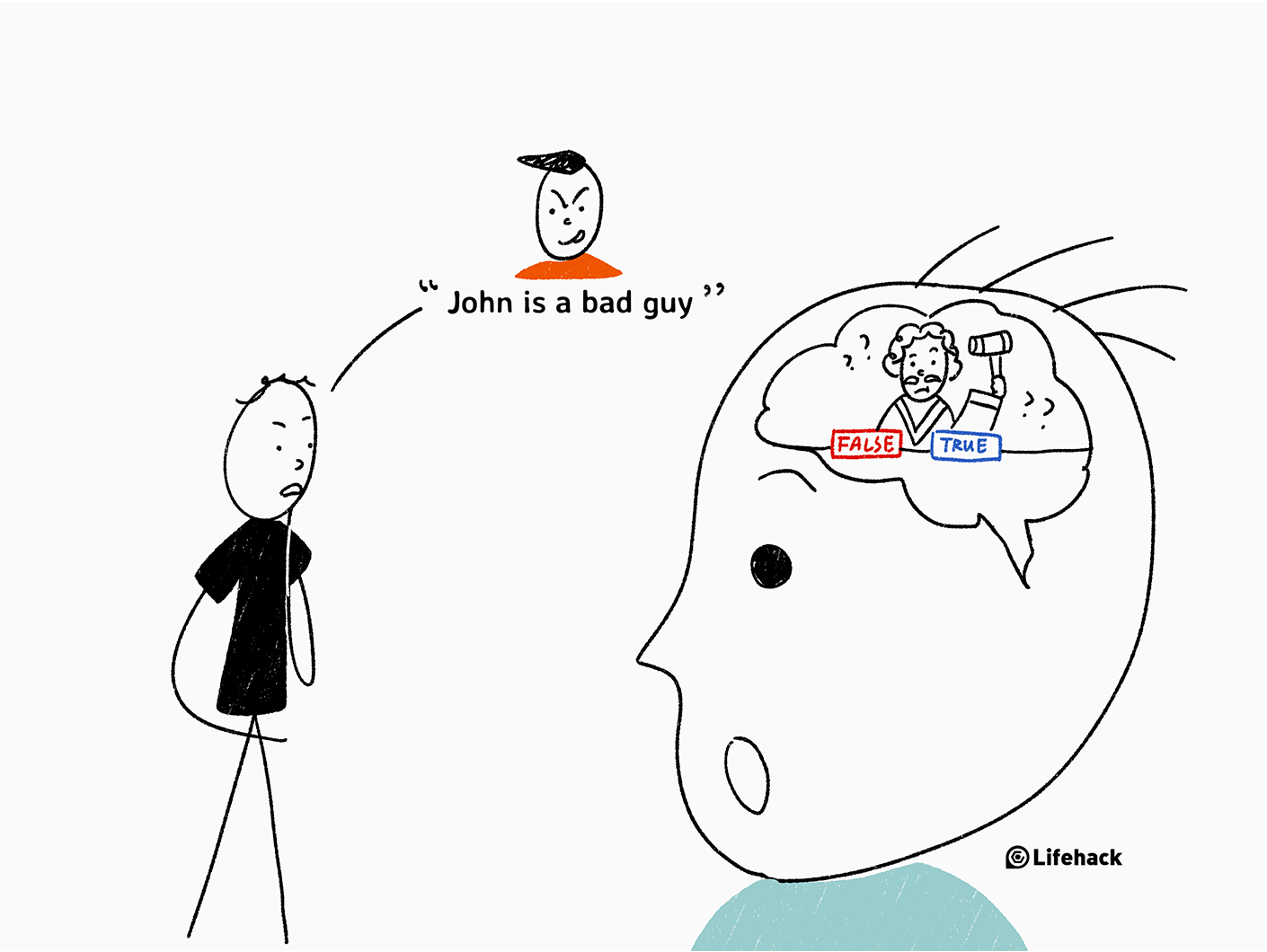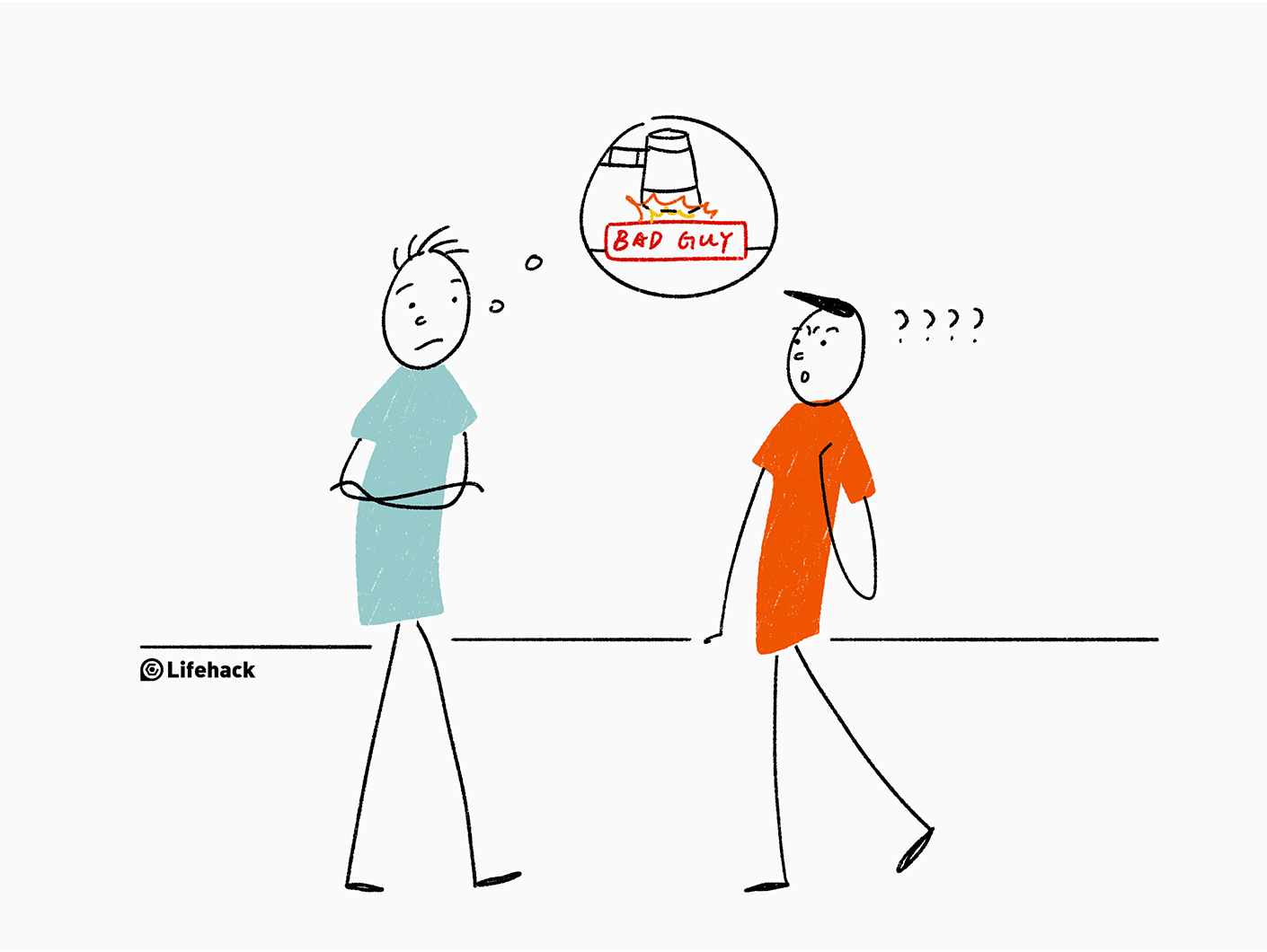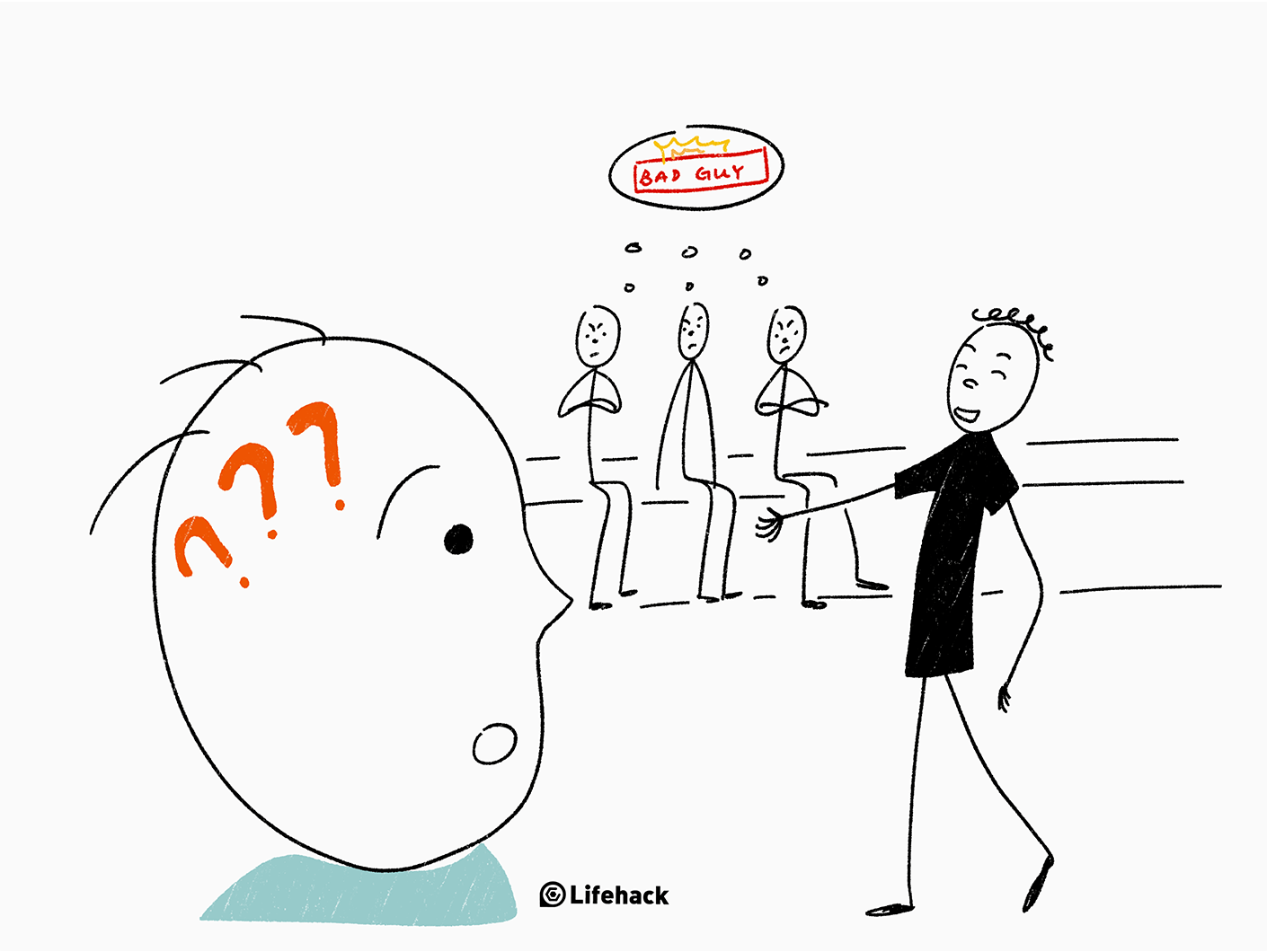This inclination to judge before you’ve even met someone is natural. They say that the first impression is important, but sometimes you can make an impression before even meeting someone.
A judgement call is made at light speed
Impressions are instant. It only takes 100 milliseconds to make an impression. When forming a first impression, two areas of the brain are utilized: the amygdala and the posterior cingulated cortex (PCC). The amygdala is more practical, translating the data received by your senses and linking them to social signals. While the PCC is related to emotion and memory, linking your life experiences to your emotions. These two responses help you to quickly decide whether or not you approve the person you are meeting and want to keep them around.[1] It’s a survival instinct to quickly assess a person to determine if they are a threat. Things such as how they dress or their initial behavior help you to make a quick judgment upon meeting a person. But hearing about their behavior without ever having even met them can cause you to form an opinion as well.
When presented with this information, your brain will try to draw a connection to a related memory. But if you don’t have any relevant memories, your brain will try to compensate for the lack of information. The reason why our brains try to connect this new information with previous experiences is so that you can quickly assess the value of this new person and if they are worthy of meeting again. Just the same, if someone that you are close to expresses their opinion of someone you’ve never met, it will cause you to form an opinion as well.
Now that you have a vague impression of this person, your brain may start making up stories about them. This will give yourself a better idea of who they are with what little information that you have.
The instant judgement could be false
Without meaning to, you now have a set bias against this person even though you really don’t know them. When you’ve formed a negative opinion of someone you haven’t met, it can be difficult to change the way you feel. Your bias may even be apparent to the person without you meaning to. When you do finally meet them, everything they do and say will confirm your opinion of them. Any behavior to the contrary will be written off as an exception, because you think that you already know who they really are. This preemptive bias can possibly sabotage what could have been a good relationship. Contrarily, if someone that you are close to compliments an individual before you meet them, this will cause you to form a positive opinion of them prior to meeting them. This opinion of them will be difficult to sway, cause although it is a positive opinion, it’s still a bias opinion.
A toxic person who is described to you as a good friend has an advantage because you are already accepting them. This will give them more opportunity to prove themselves as a good person despite their numerous displays of toxic behavior. This bias could cause you to potentially build a relationship with someone you probably don’t need in your life.
Others judge you the same way
Many people may already have opinions of you without ever having met you. If your peers are told good things about you before meeting you, it will probably make it easier for you to mingle with them because they already have a good impression of you. The opposite applies if your peers were told negative stories before meeting you. Even if they weren’t intentionally badmouthing you, it can still cause a rift between you and your new acquaintances.
To prevent falling into this trap of forming any toxic relationship, or setting anyone up for a bad impression which you don’t intend to, start with correcting the way you think.
Think for yourself
Although it is natural to form impressions based on the opinions of others, don’t. Our brains are hardwired to make these assessments. But you can choose to question them. Hold off on solidifying them. Give this new person a chance to prove you wrong. Keep an open mind. You don’t know what other variables may influence their opinion. Attempt to objectively observe the person and their behavior. Not specifically just how they interact with you, but how they interact with other people as well. When you don’t let other opinions effect your own, you are more open to developing strong relationships with people you may have not given a chance. You are capable of forming your own opinions and deciding who is worthy of staying in your life.
Watch what you say
Don’t badmouth people. Not only is it unbecoming, but you are causing other people to form negative opinions about someone that you do actually like. For instance, people tend to complain about their lovers when they aren’t getting along. It isn’t that they don’t actually want to be with them, but they need to vent. But now everyone who has heard them complain thinks that their partner is no good for them and should get kicked to the curb. Notice how your words can effect and shape how others view reality. You can use this trick to your advantage by putting those you care for in a positive light before introducing them to people who are important to you. By helping to form a good impression of someone before introducing them, you are creating an opportunity for a postive bond between the two parties and you too.



